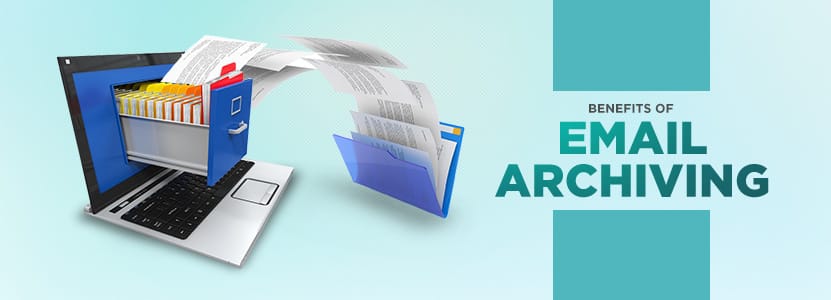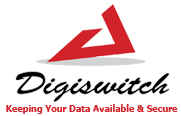Email Archiving and Email Security
What is Email Archiving?
It is a process of organizing emails & storing them in an accessible location on the cloud. The point of archiving all business emails is to centralize access to those emails that one doesn’t need immediately. As well as keep them organized for future usage.
The technology helps to store copies of each email separately with accessible tags, like keywords, contact names, dates, or even sizes. One can sori the emails manually or automatically based on the nature of the requirement. The beauty of this technology is that even if your company data gets hacked and wiped, you’ll still have access to all your emails

Why Email Archiving?
1) Email Compliance & eDiscovery – Our business solutions help you to comply with relevant regulatory requirements and eDiscovery scenarios.
2) Avoid Data Loss – Because emails are archived the moment they are sent or received; their availability is safeguarded for years.
3) Take the Load off the Email Server – Using rules to delete emails after they have been archived helps to keep the volume of emails on the server constantly low.
4) Search and Retrieve Emails in a Breeze – End users can browse their archive quickly and intuitively, then recover emails and their file attachments with a single mouse-click.
5) Optimize Backup & Restore Process – Reducing the volume of data held on the email server helps to cut backup and restore times significantly.
6) Reduce Storage Requirements – Thanks to de-duplication and compression, data held in the archive occupy up to 70 percent less space than they would on the email server.
7) Respect Mailbox Quotas – Once archived, emails can be deleted from mailboxes so that storage quotas are never exhausted.
8) Get rid of PST Files – PST files can also be stored in the central archive, removing the need to handle error-prone PST files on users’ endpoints.
Let’s Secure Your Data With Us

Capabilities Across Clouds
Gain compatible enterprise-grade capabilities across all cloud environments.

Rapid Migration
Benefit from a rapid migration to public cloud, without changes or the need to acquire new skills.

Lower Total Cost
Enjoy a lower Total Cost of Ownership when compared to other on-premises and off-premises environments.

 +91 9873444963
+91 9873444963